
Welcome to the captivating realm of **Henri Dutilleux**, a distinguished figure whose name is synonymous with the exquisite artistry of **French classical music**. Born on January 22, 1916, in the picturesque city of Angers, France, Dutilleux embarked on a remarkable journey through the world of music that continues to inspire countless musicians and enthusiasts alike. His life was marked by a profound dedication to his craft, leading him to develop a distinctive style that seamlessly blends traditional elements with innovative techniques. In this article, we will explore the various facets of Dutilleux’s life, delve into his unique compositional approach, and highlight the extraordinary works that have made a significant and enduring impact on the landscape of classical music. Join us as we celebrate the legacy of this remarkable composer and uncover the beauty and depth of his contributions to the musical world.
Early Life and Education
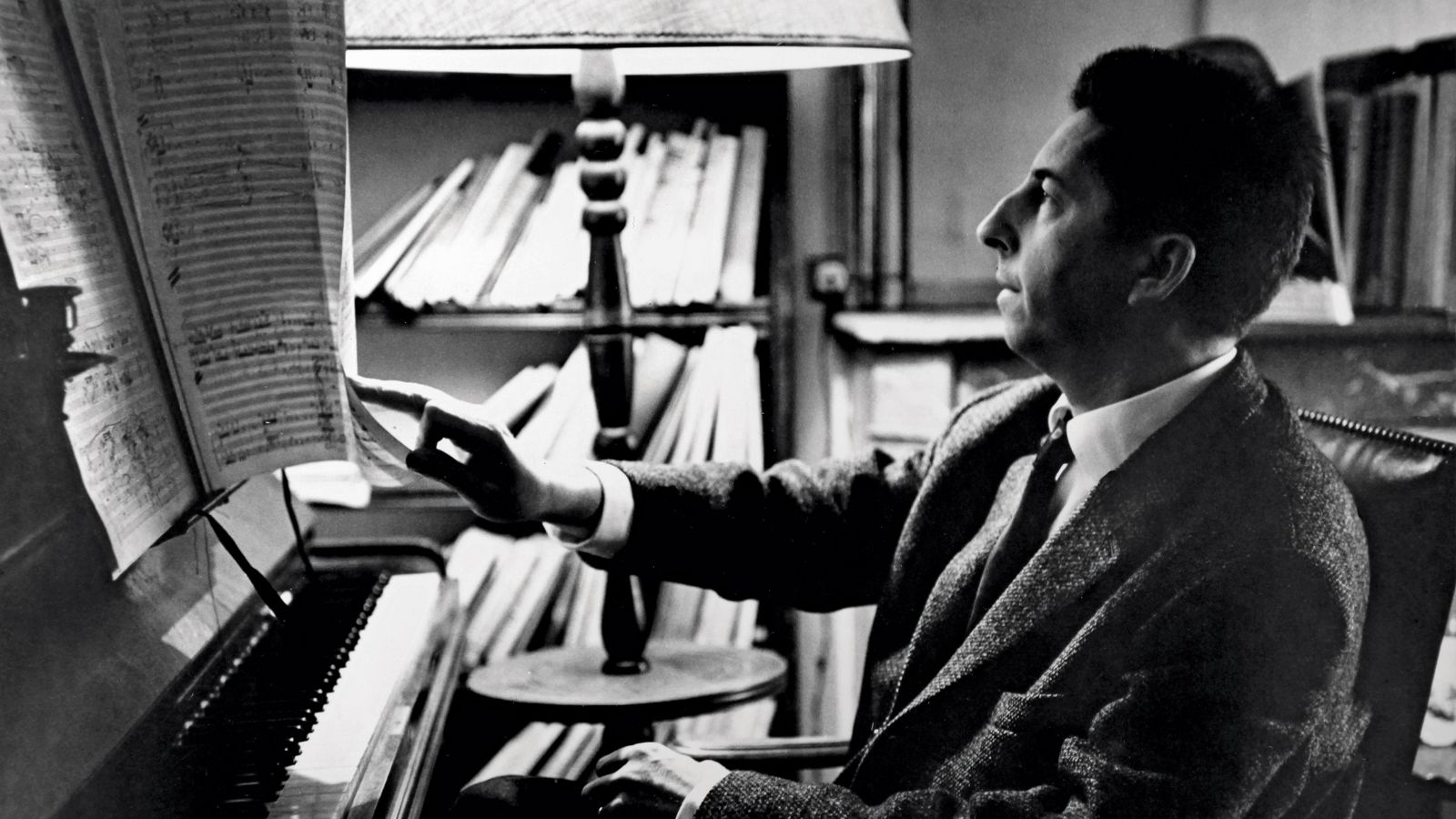
A Creative Family Background
Henri Dutilleux was born into a family that was steeped in **artistic heritage**, which played a significant role in shaping his future as a composer. His lineage included not only painters but also musicians, creating an environment that was rich in creativity and artistic expression. Growing up surrounded by such talent and passion for the arts, it is hardly surprising that Dutilleux found himself drawn to the world of music from an early age. This early exposure to various forms of artistic expression undoubtedly influenced his unique creative outlook, allowing him to develop a distinctive voice that would later resonate throughout his compositions.
Musical Education at the Paris Conservatory
In 1933, Dutilleux embarked on his formal musical education at the renowned **Paris Conservatory**, a prestigious institution known for nurturing some of the greatest talents in classical music. During his time there, he diligently honed his skills, immersing himself in the study of music theory and composition. His commitment to his craft and relentless pursuit of excellence did not go unnoticed; in 1938, he achieved a significant milestone in his career by winning the esteemed **Grand Prix de Rome**. This prestigious award not only recognized his exceptional talent but also provided him with opportunities to further develop his artistic abilities and gain exposure to the broader world of music.
Impact of World War II

Interrupted Studies
Regrettably, the onset of **World War II** abruptly curtailed his academic pursuits in Rome, which lasted a mere four months. This unforeseen interruption could have easily dampened his enthusiasm for music; however, it had the opposite effect. Rather than allowing the chaos of war to extinguish his passion, he found himself drawn into the vibrant and dynamic music scene of Paris. The city, known for its rich artistic heritage, became a fertile ground for his creativity, allowing him to explore new ideas and styles that would shape his future compositions.
Post-War Career Beginnings
In the aftermath of the war, Dutilleux embarked on a significant chapter of his career by joining the **Paris Opéra** in 1942. This pivotal experience provided him with a unique opportunity to delve deeply into the world of opera, which would have a lasting impact on his compositional style. Working alongside talented musicians and engaging with diverse operatic works, he honed his skills and developed a distinctive voice that would later resonate throughout his compositions. The challenges and triumphs he encountered during this period not only enriched his artistic perspective but also laid the groundwork for his future successes in the realm of classical music.
Association with Radio France
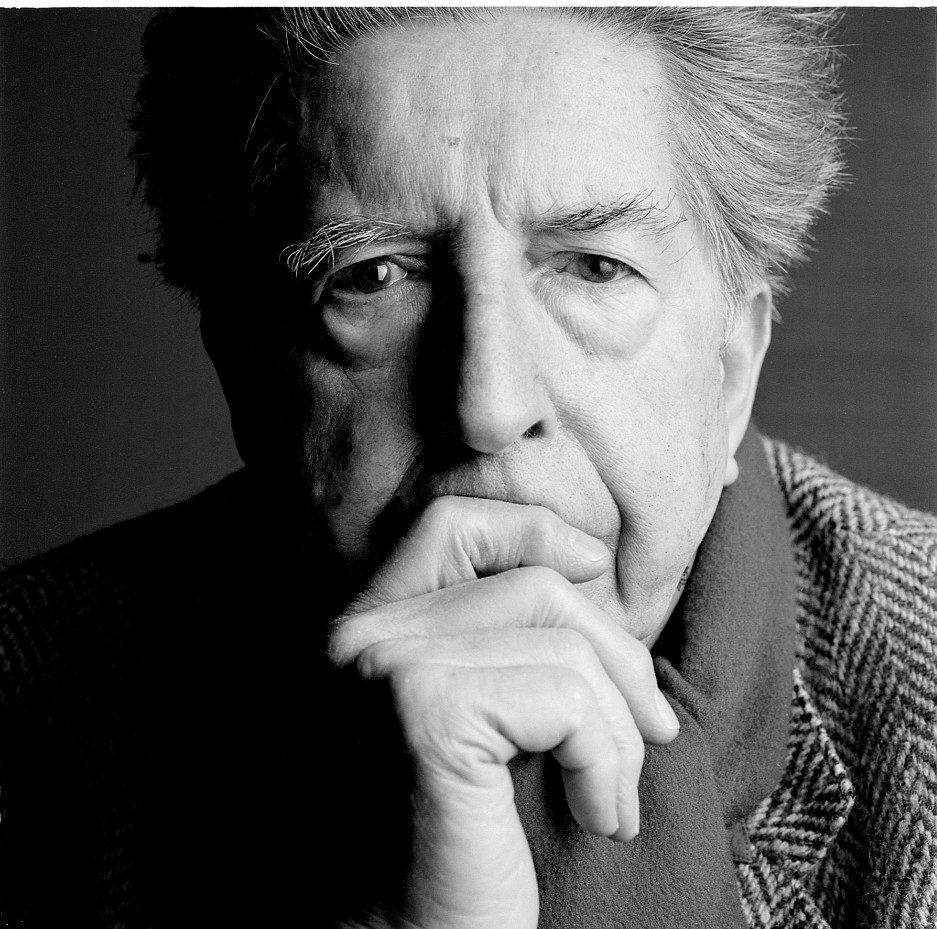
Long-Lasting Influence
Between the years 1945 and 1963, the renowned composer Henri Dutilleux established a profound and impactful relationship with **Radio France**. This particular era proved to be pivotal in his artistic journey, as it provided him with a unique platform to explore and experiment with a wide array of musical forms and styles. The opportunities afforded to him during this time allowed Dutilleux to refine his craft, pushing the boundaries of contemporary music and solidifying his reputation as a leading figure in the world of composition.
Teaching and Mentorship
Beyond his prolific work as a composer, Dutilleux was deeply committed to education and the sharing of his extensive knowledge. From 1961 to 1970, he served as a faculty member at the prestigious **École Normale de Musique**, where he inspired countless students with his insights and expertise. Following this, he continued his teaching career at the **Paris Conservatory**, further influencing the landscape of modern music. Through his mentorship, Dutilleux played a crucial role in shaping the next generation of composers, instilling in them the values of creativity, innovation, and a deep appreciation for the art of music.
Major Compositions
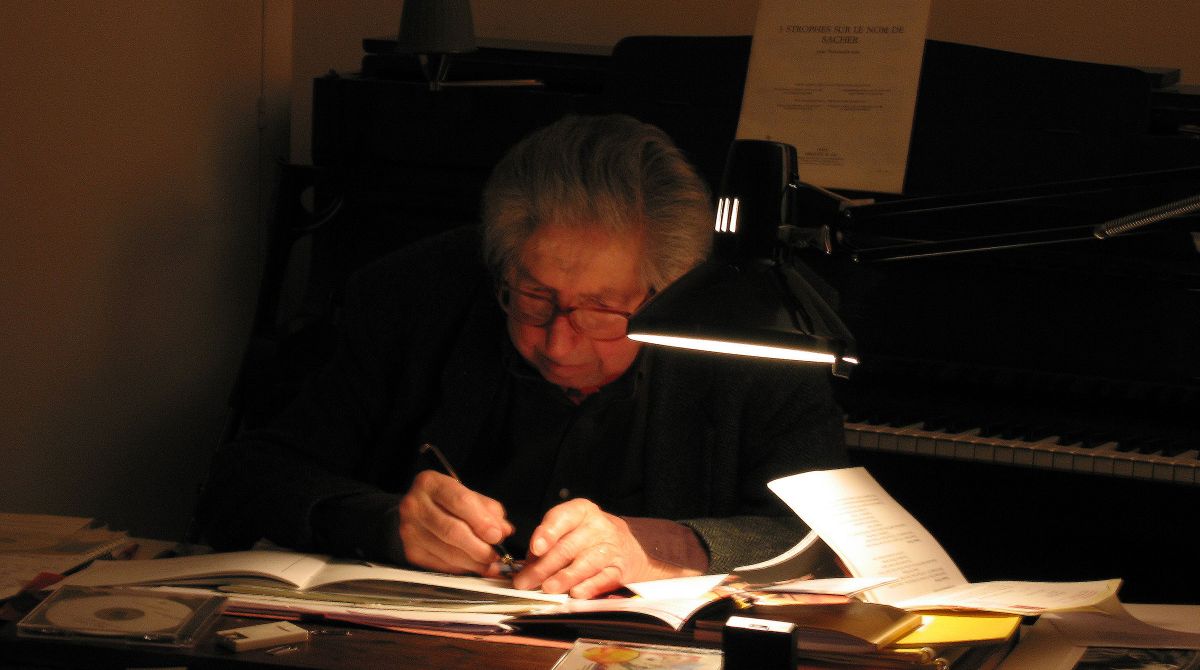
First Major Work: Piano Sonata
Despite destroying most of his pre-war compositions, Dutilleux’s first major work, the **Piano Sonata**, premiered in 1948. This piece, performed by his wife, **Geneviève Joy**, marked the beginning of his recognized career.
Notable Works and Commissions
Dutilleux’s compositions span various genres, including orchestral works, chamber music, and vocal pieces. Here’s a table highlighting some of his most significant works:
| Composition | Year | Commissioned By |
|---|---|---|
| Symphony No. 2 (Le Double) | 1959 | Boston Symphony Orchestra |
| Métaboles | 1965 | Cleveland Orchestra |
| Tout un monde lointain | 1970 | Mstislav Rostropovich |
| Ainsi la nuit | 1977 | Koussevitzky Foundation |
| L’Arbre des songres | 1985 | Isaac Stern |
| Correspondances | 2003 | Renée Fleming |
| Le Temps l’horloge | 2007 | Renée Fleming |
Musical Style and Influences
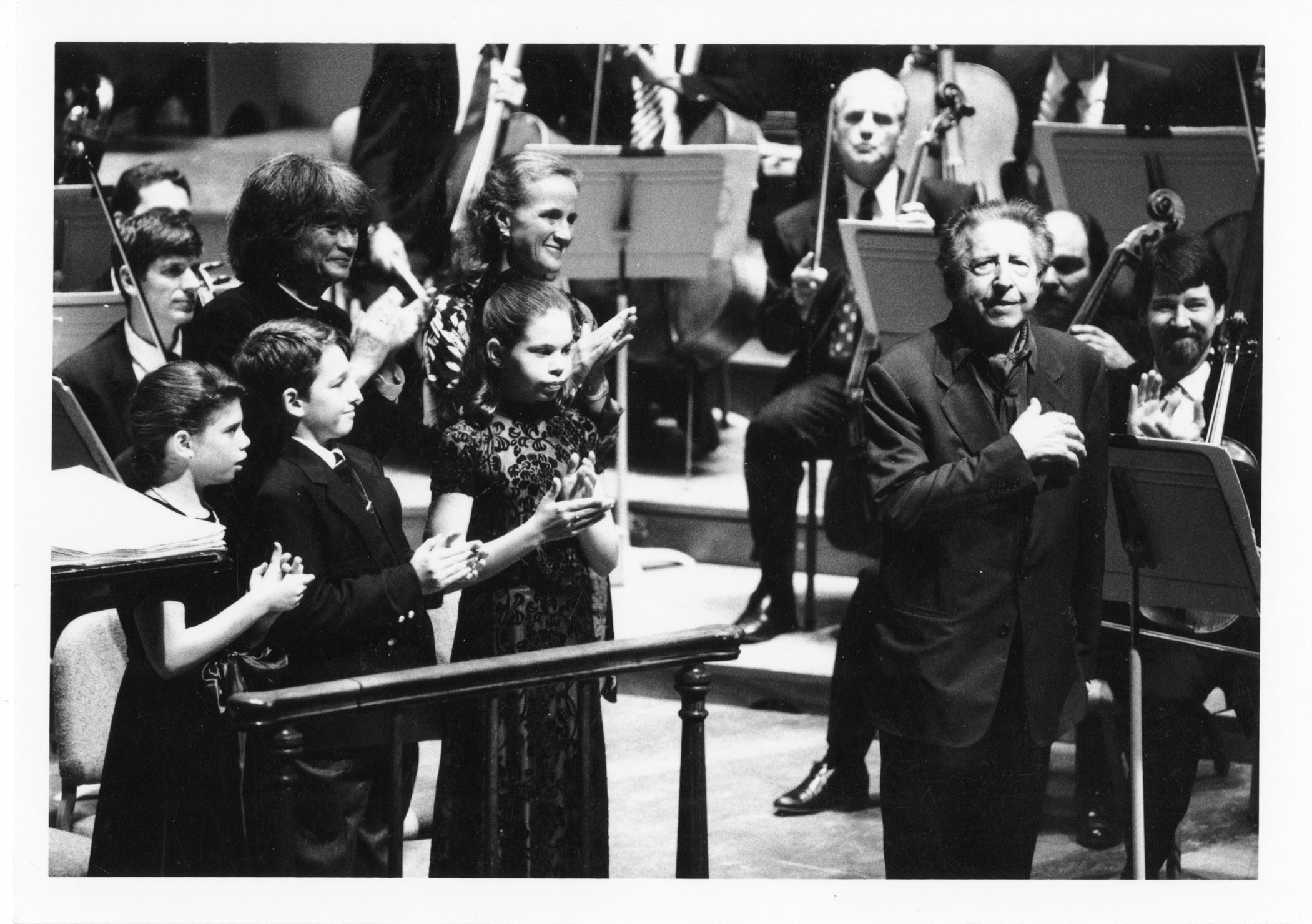
A Unique Modernist Voice
Dutilleux’s music is characterized by a **highly individual modernist style**. While he drew inspiration from composers like **Claude Debussy**, **Albert Roussel**, and **Maurice Ravel**, he infused his works with a sense of **spirituality** and originality.
Affinity for Variation and Quotation
One of the hallmarks of Dutilleux’s compositions is his affinity for **variation form**. He often quoted from other works, including his own, creating a rich tapestry of sound that resonates with listeners.
Recognition and Awards
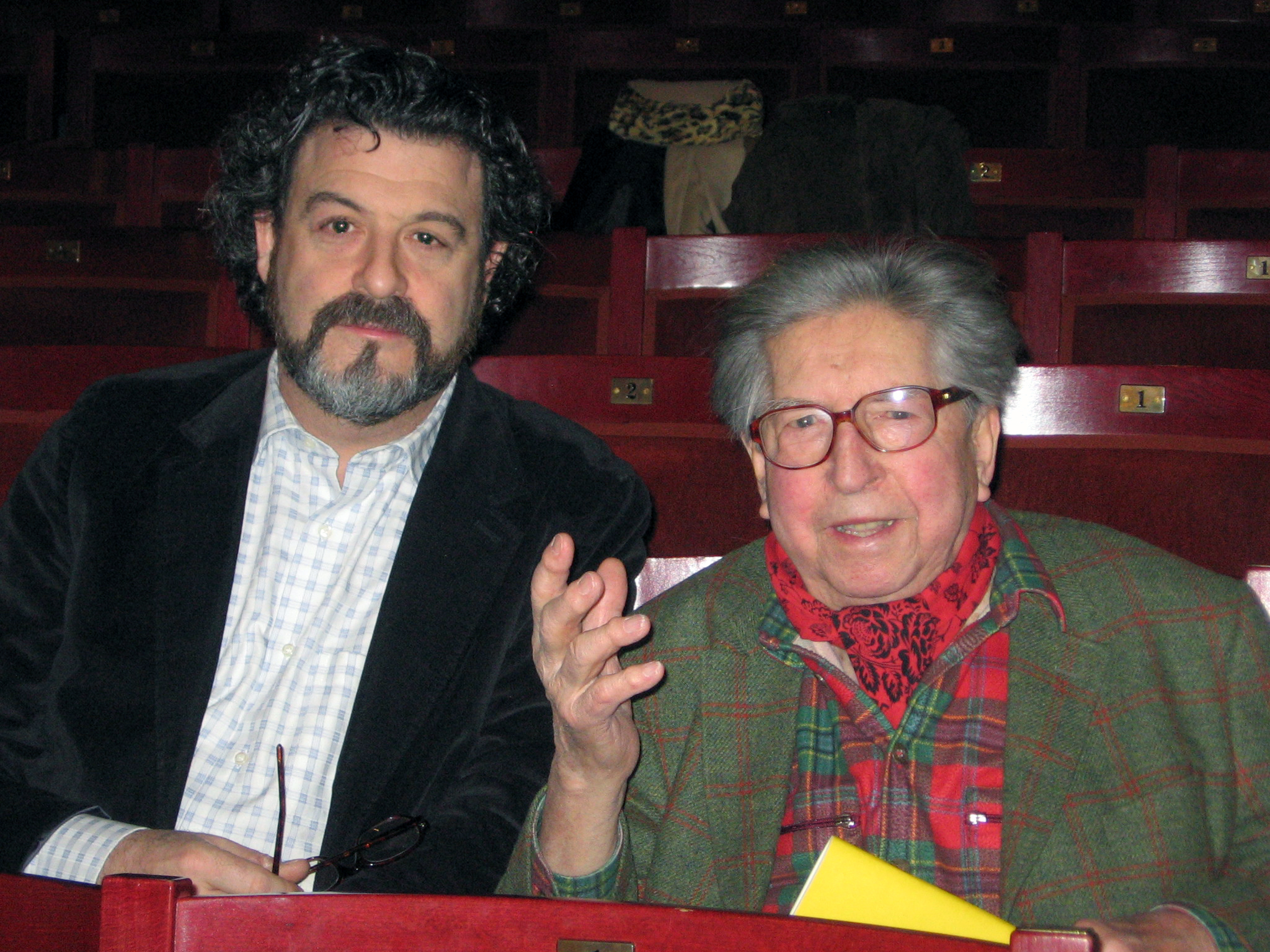
Honors and Accolades
Throughout his career, Dutilleux received numerous honors, including the **Grand Prix National de la Musique** in 1967. His recording of **Tout un monde lointain** won the **Koussevitzky International Recording Award** in 1976, showcasing his impact on the music industry.
Prestigious Awards
In 1994, he was awarded the **Praemium Imperiale** prize for music by the Japan Art Association, and in 2005, he received the **Ernst von Siemens Music Prize**, one of the most prestigious awards in the music world.
Legacy and Influence

A Lasting Impact on Music
Henri Dutilleux passed away on May 22, 2013, in Paris, but his legacy lives on. His meticulous approach to composition and his unique voice continue to inspire musicians and composers worldwide.
Conclusion: A Composer for the Ages
In conclusion, Henri Dutilleux was not just a composer; he was a **musical innovator** whose works transcend time. His ability to blend influences while maintaining a distinct style makes him a pivotal figure in 20th-century music. So, the next time you listen to one of his compositions, remember the journey of this remarkable artist and the beauty he brought to the world of music.

